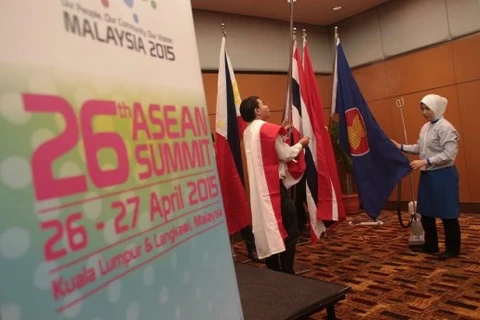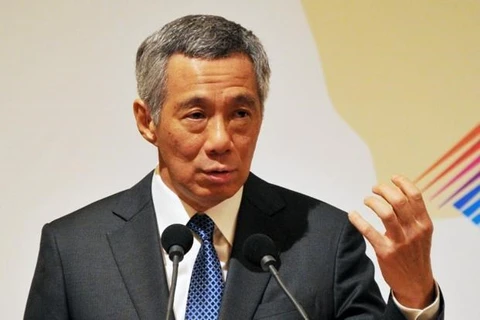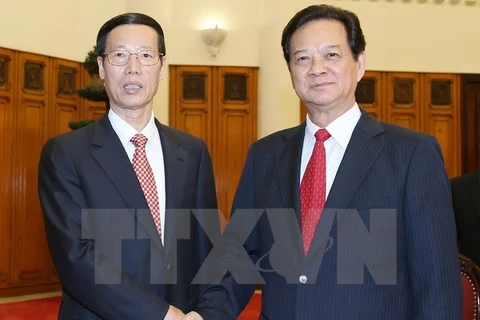Representatives from foreign diplomatic missions and research institutes gathered at a workshop in Tokyo on July 22-23 to seek avenues to promote international cooperation for peace and stability in Asian waters and to cool tensions in the East Sea.
At the workshop, held by the Centre for International Policy Studies at Japan’s Meiji University, former senior officers and professors from Japan, the US, China’s Taiwan and Vietnam delivered speeches analysing the new developments in the East Sea as well as the policies of countries and territories involved in the disputes.
They also proposed several measures to reduce tensions at the arterial waters of the world economy.
Retired Vice Admiral of the Japan Marine Self Defence Forces Yoji Koda said China’s “nine-dash line” claim ignores international law and will upset the world maritime order.
China’s acceleration of actions that change the status quo with force will cause serious instability in the region, he stressed.
Meanwhile, Deputy Director of the Hanoi University of Social Sciences and Humanities Pham Quang Minh focused on analysing risks threatening peace and stability in the East Sea.
He emphasised that China’s construction on artificial islands in the sea violates the Declaration on the Conduct of Parties in the East Sea (DOC).
Alexander L. Vuving from the US-based Asia-Pacific Centre for Security Policies examined the US’s policies and commitments as well as available resources to address the East Sea issue.
According to him, the US Administration could use its economic power, international principles and its network of allies and partners to maintain peace and stability in the East Sea and boost respect for international law and the freedom to travel.
Dr. Yongshu Li from Meiji University suggested inviting partners such as the EU to work as mediators to reduce tension./.






















